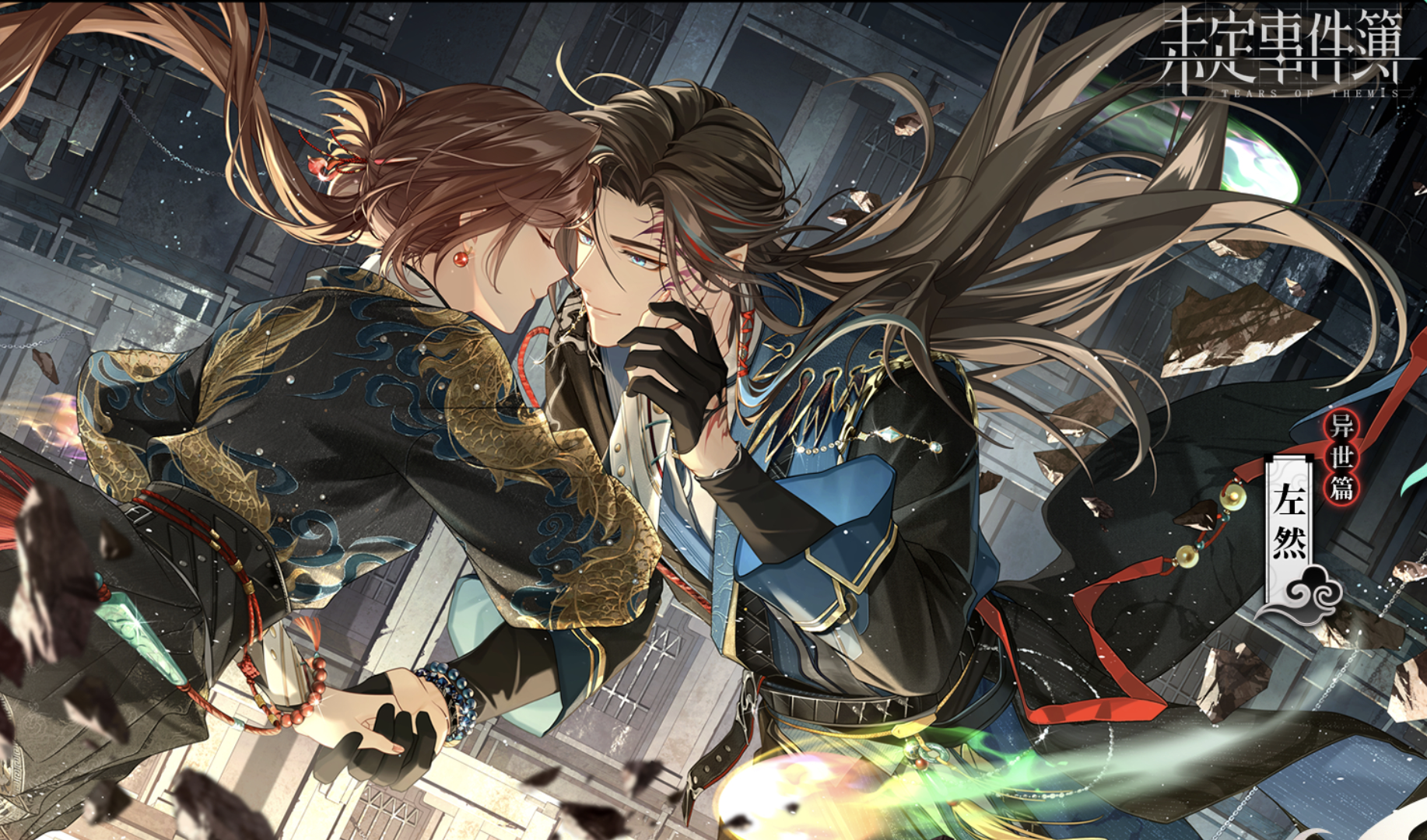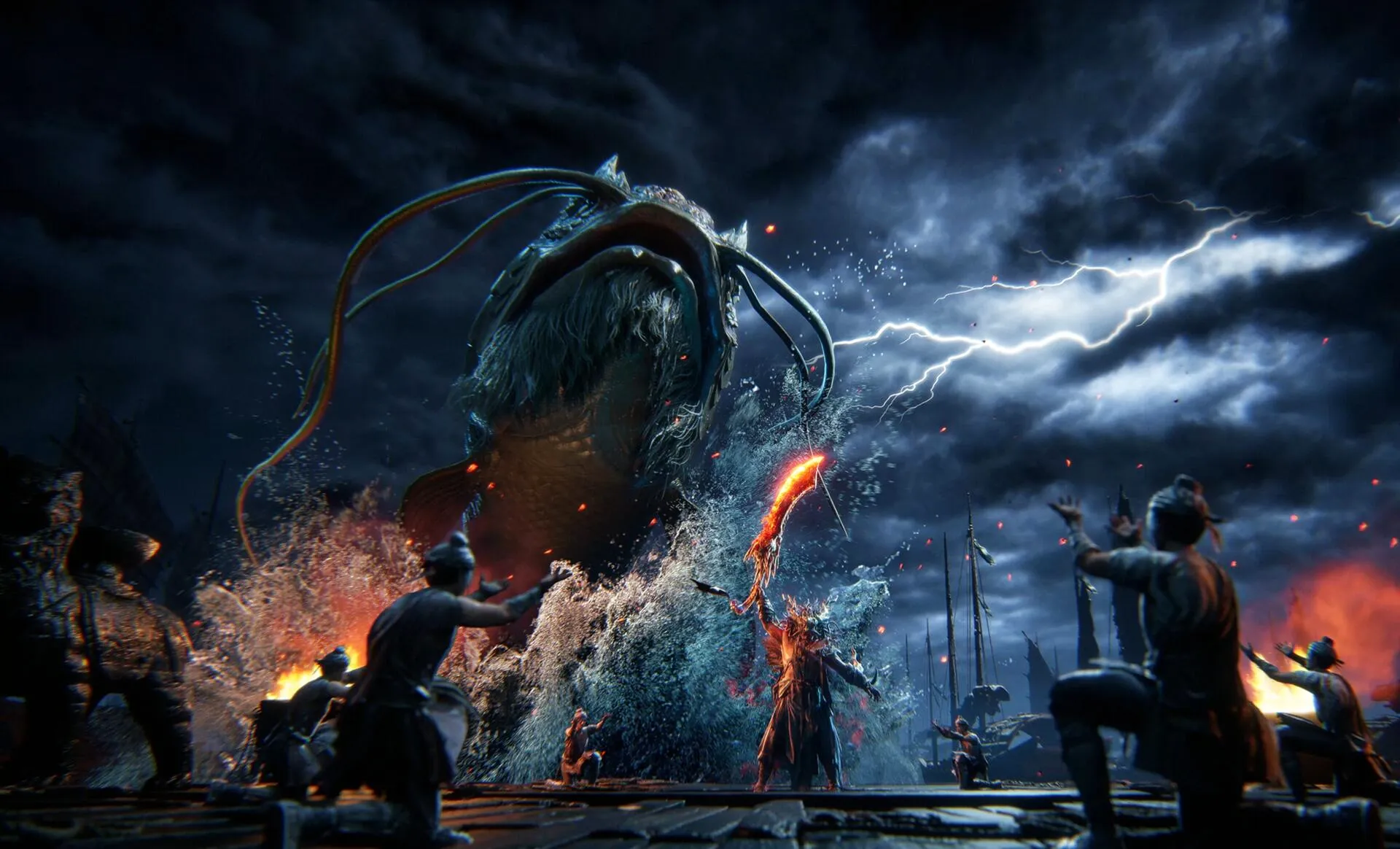Level Up! is a regular series exploring Chinese youth’s passion for video games and digital entertainment.
When the mobile game Honor of Kings (HoK) was released in 2015, Jessica Wang had zero interest in playing it. Even when her five roommates gathered in her college dorm to play it every night, she kept her eyes fixed on her K-pop idols BTS and turned a deaf ear to the noise around her.
Seven years later, her roommates have all but forgotten about the game, while Wang has picked it up and now considers herself an avid esports fan.
Recognized by the Chinese government as the 99th sport in 2003, China is the biggest market for esports globally (surprise, surprise). In 2020, the country’s domestic esports market was worth approximately 147 billion RMB (23 billion USD), which amounted to about 30% of global revenue. Chinese esports fans were estimated to number more than 400 million that same year.
HoK and League of Legends (LoL) are leading games worldwide that have enjoyed unprecedented popularity in China. Developed by TiMi Studios Group and published by Tencent Games, HoK was the top-grossing free-to-play title worldwide, with more than 2.45 billion USD in revenue as of 2020.
While esports was traditionally dominated by male gamers and fans, female viewership is on the rise. Furthermore, the fairer sex generally has a higher rate of consumption — meaning they are willing to part with their hard-earned cash for events, merch, and in-game purchases.
Data shows that women made up 22% of esports fans worldwide in 2019. And while South Korea has the world’s biggest female fan base, with 32% of its esports followers identifying as women, China comes in a close second with 30%. The United States lags behind with only 17%.

In South Korea, top players such as Lee Sang-hyeok, aka Faker, can earn as much fame and fortune as K-pop idols. And just as K-pop has had a significant impact on China’s pop culture, esports fandom in China is also greatly affected by South Korea’s. When China’s top-level professional league for LoL, The League of Legends Pro League (LPL), introduced a few Korean players to the team in 2015, it also brought fan culture to China’s esports industry.
Gaming companies also play a part in promoting fandom culture. In 2018, Riot Games, the company behind LoL, introduced the virtual K-pop girl group K/DA, which consists of four themed versions of LoL characters.
So what exactly drives esports fandom in China? We picked the minds of three female fans and discussed their experiences and opinions on today’s esports world.
Devoted Esports Fans
Now a legal assistant based in Hangzhou, Wang watches esports livestreams almost every night. She even subscribes to notifications so she won’t miss out on anything. Wang started by following the King Pro League (KPL) and then switched to LPL this year for an improved viewing experience.
With excitement in her voice, Wang tells RADII:
“It’s just like watching any sports. It’s all about excitement, uncertainty, the comebacks, teamwork, strategies, operations, and the interaction and chemistry between people.”
Even if she finishes watching a game at 3 AM, Wang wakes up to head to work feeling cheerful and content. She says it’s rare to find a passion outside of work, and she’s grateful to have one. She’s so dedicated that even the music she listens to was discovered via esports livestreams or video cuts.
“I’m always a committed and devoted fan, no matter in which field,” Wang says. “My biggest gain is happiness. Pursuing my passions leaves me full of power and energy. It’s rare and precious to find things that make you relaxed and happy.”
Her current favorite team is Edward Gaming (EDG), which won the world championship last year. She even bought a down jacket (shown below) with EDG’s winning score emblazoned on its back. It means nothing to most but serves as an insider reference that other fans will understand.

Aside from watching livestreams, Wang also checks her social media daily for the latest game results and live ranks. She fondly describes her actions as “checking my kids’ grades.”
Whenever the Covid situation allows, Wang prefers watching offline matches in venues to experience the exciting atmosphere and stronger fan reactions.

Jia Yubi has a similar relationship with esports. A fan since 2014, she still watches livestreams and attends offline events regularly. Though Jia also plays video games herself, she says she’s a totally different person when she watches esports.
“I don’t like to talk when I play games, but when I watch a game, I become exuberant and emotionally invested, and I really relate to my team.”
She adds, “I think most esports fans enjoy the exhilaration and thrill of the game, and the emotions you feel from watching it on a screen are completely incomparable to being in the scene.”
After being a fan for eight years, two unforgettable — and sad — memories come to Jia’s mind. Once, she and other fans waited in a parking lot to bestow gifts upon their favorite players. Her favorite gamer Xiye and his team had not performed well, and it broke her heart to see them frustrated and sit sluggishly on their bus.

The second time, a semi-final event was held in Guangzhou, not far from Jia’s college. She had already bought tickets and thought to herself it was “an opportunity that I must not miss in my life.” However, she couldn’t go at the last minute because her final exam had suddenly been rescheduled.
“Missing the event is still my biggest regret,” she says.
Esports Fandom vs. Pop Fandom
“Esports and pop fandom have a lot in common,” said an esports analyst in a 2020 post. “Both groups consist of Gen Zers who are true digital natives. They’re open-minded individualists.”
Wang has retained some of her pop music fangirl habits while pursuing esports. After years of following K-pop, she has learned Korean well enough to conduct Korean-Chinese translations.
And still, like with K-pop, her favorite element in esports fandom is also ‘coupling.’ Coupling or ‘shipping’ are terms commonly used among fan communities to describe the desire to see two individuals in a romantic relationship.
“I can’t stop pairing them up — I love coupling. It’s my biggest source of happiness,” Wang says delightedly.

She likes to watch her current favorite ship, male gamers Meiko and Viper, play games together. Wang often views video cuts or text documentations of every little interaction between the two on social media, even mundane activities like chatting, ordering takeout, or eating dinner together.
“I like observing human chemistry,” Wang explains excitedly. “Meiko and Viper cooperate so well. It’s like they’re playing with the same brain. It’s like there’s a bubble around them, and nobody else can break in.”
However, Wang has also learned to stay calm and not to get too emotional over esports. She knows that esports players frequently switch teams, and her ship may part ways at any time:
“I’ve learned to accept separation and just enjoy the moment. It’s like I’m a fan of a boy band that’s destined to break up.”
Wang also recognizes that fandom in esports differs from that found in other entertainment fan cultures.
“Fan economy is everything for pop stars,” she says. “But fans are useless to esports players. We can’t do anything to affect their competition results, although that’s the only thing that matters.”
Fangirl Jia agrees that she is also in two different modes when following esports and pop culture.
“Esports players are more real and vibrant,” she explains. “Stars are beautifully packaged whereas esports players aren’t celebrities or commodities but athletes.”

Qingdao-based college student An Wanwan doesn’t worship idols and thinks most esports fans understand that players are different from K-pop idols and other celebrities. She sharply notes:
“They’re just some men who play games really well. But outside of the arena, they’re literally a group of internet addicts who didn’t finish their compulsory education.”
Like most fandoms these days, some esports fans are also ill-mannered and cyberbully each other, An says. She once experienced an online attack by extremists after she commented on a few players.
Toxic elements aside, there are good apples among the bunch, and An has formed meaningful friendships with other fans. She even travels and watches games with another fan she met online.
“Many esports fans have cliques with whom they watch games and discuss esports. Making close friends this way has been an unexpected gain,” says An, who grew up watching the NBA with her dad, a core memory that has fed her current love of esports.
“At the end of the day, I just love competitive sports,” she says. “I love the story of young people fighting side by side, going through failures and setbacks, and then reaching the top together. The process is fascinating. We are all witnesses to this story.”
Cover photo designed by Zhuohan Shao



















